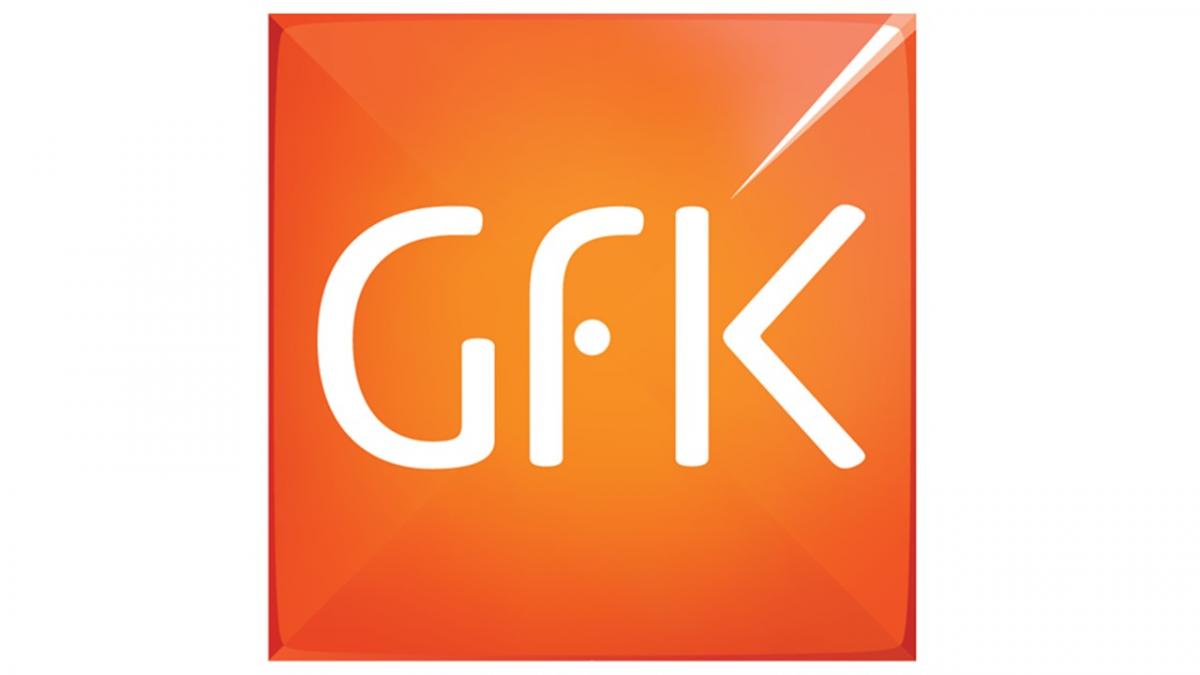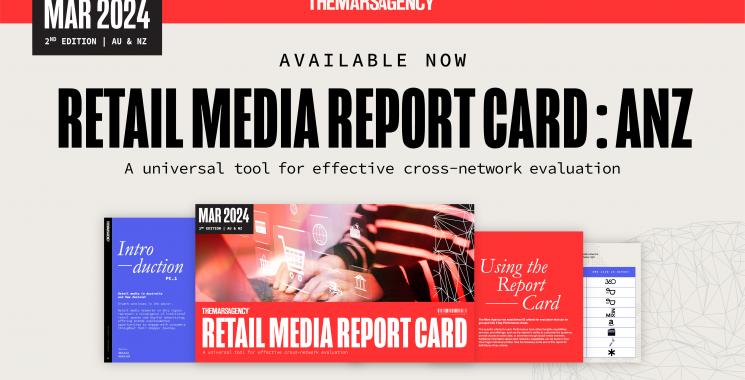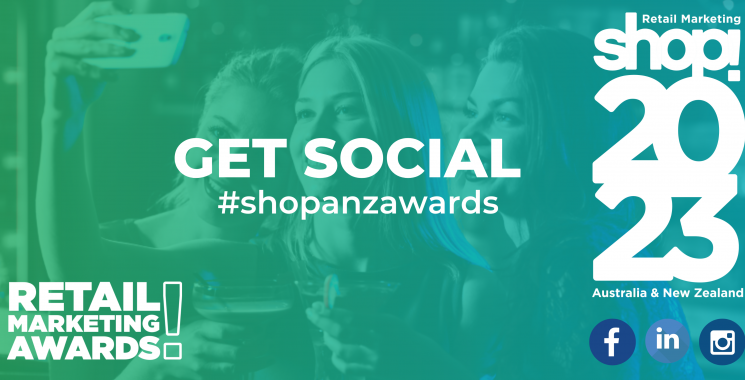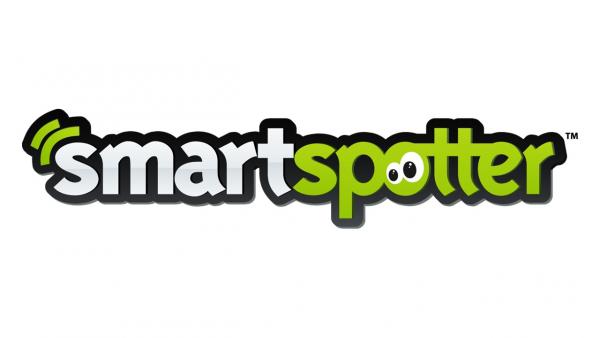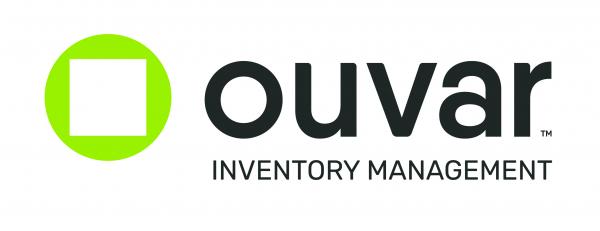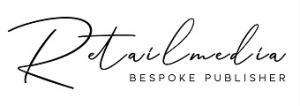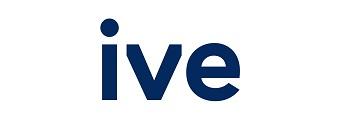GfK Consumer Pulse report reveals how Australians are preparing for recovery phase
Insights reveal Australians’ new buying patterns, and their outlook as restrictions ease
Australia, May 2020 – The COVID-19 crisis has impacted business and life in Australia dramatically. In recent weeks, however, some of the lockdown measures have been slowly eased due to fewer cases arising, with the country now entering its 'recovery' phase.
GfK recently conducted the Consumer Pulse study to help businesses move forward with understanding and direction. Polling between 500 to 1000 consumers from each market bi-weekly, the findings of the GfK study cover areas such as spending habits, media and product consumption and travel and mobility trends.
“As the country enters the recovery phase, there is cautious optimism that once Australians return to work and stay-at-home restrictions are eased, more regular shopping habits will resume. It is likely consumers will be more prudent and less disposed to spending in some categories for another six to 12 months as a vaccine is being developed.” Said Rob Highett-Smith, General Manager – Consumer Research, Innovation & Partnerships, GfK.
The report’s findings showed that 84 percent of Australians were highly concerned about the potential economic crisis, followed by unemployment (80%), and COVID-19 (79%).
Trusted information sources
For Australians, doctors/researchers (45%), the Department of Health (44%), and the Government (42%) are confirmed as the most credible sources of information. Medical professionals and the healthcare industry are perceived as making the most positive impact, with national and local government actions being slightly more recognised compared to the previous week.
Most Australians think the country’s economic situation has deteriorated compared to last year and expect that things will get worse. Many Australians have started to consciously adopt more responsible behaviours, having significantly reduced their shopping, changed their use of free time and personal hygiene habits since the lockdown.
Retail sector growth
What we have seen over the past few months is significant disruption in shopping behaviour. The crisis has presented both opportunities and threats for brands. More than one in four (28%) respondents have experienced a stock shortage, and over a fifth (22%) of them bought brands that they usually would not. This shift will have changed the marketing and selling challenge for a number of brands from one of gaining trial to one of building loyalty.
Based on GfK Point of Sales tracking in Australia, categories such as household appliances and electronics surged in demand as many Australians were required to work from home. Compared to the same period a year ago, sales of bread makers (647%), monitors (268%), and keyboards (113%) grew tremendously. On the other hand, smartphone (44%) and camera segments (60%) experienced a decline in sales.
“As the daily life of Australians changes yet again over the next few months and access to a wider range of purchase channels opens, we anticipate that some deferred demand will become purchases,” commented Rob.
Rise in media and advertising consumption
More time at home has also resulted in an increase in media consumption and subsequently, higher exposure to advertising. Over one-third (34%) of Australians claim to have watched more ads during the crisis, while half (54%) say they enjoy watching ads just as much as usual. Current affairs and news bulletins are now competing with drama and entertainment series for Australians’ attention, followed by video games, reading, and music. A strong increase in the consumption of paid social media content was also reported.
With a new reality settling in for Australians, changes in their media, buying behavior, and consumption will likely shift to conducing activities outdoors. According to the report’s findings, 33 percent of the respondents were looking forward to dining out at restaurants and cafes, followed by shopping (25%) and socializing outdoors (22%).
Optimistic outlook for travel & tourism
When the crisis subsides, nearly two-thirds of Australians intend to travel to places close by, favouring the use of private cars and avoiding crowded places. A quarter of Australians are planning a trip for the Queen’s Birthday weekend and are planning a holiday in July. This is the perfect time for tourist businesses to reach out to locals in the spirit of mutual support that has characterised Australia through this tumultuous year. “As we move into this next important ‘recovery’ phase, several different scenarios are possible depending on our success in opening up the economy while continuing to supress the spread of COVID-19,” said Rob. “In this context, understanding how consumer needs and attitudes might evolve in the short and medium terms will be fundamental to driving business growth and unlocking potential innovation opportunities,” he concluded.
Press Release, May 26, 2020
Contacts:
Bridget Soul, REDHILL Communications
Tel: +61 435 544 514
Email: gfk@redhill.asia
Seraphina Wee, Regional Marcom Manager
Tel: +65 6826 8622 Email: Seraphina.wee@gfk.com
Visit GfK´s Resource Center for breaking insights and trends around supply chains, point of sales, consumer behavior and consumer sentiment under the impact of COVID-19.
About the GfK Consumer Pulse study The GfK Consumer Pulse study is conducted bi-weekly across 30 markets worldwide to track consumer perceptions, mood and behaviours in various industries. This will help brands and businesses to #MasterTheCrisis by understanding consumer attitudes, behaviour, purchase intent, media consumption, and more – both now and in the future. The study reveals changes in demand for goods and services, so that companies can respond with confidence and come out of the crisis stronger, better positioned, and closer to consumers than before.
For more information, please visit www.gfk.com or follow GfK on Twitter www.twitter.com/GfK
